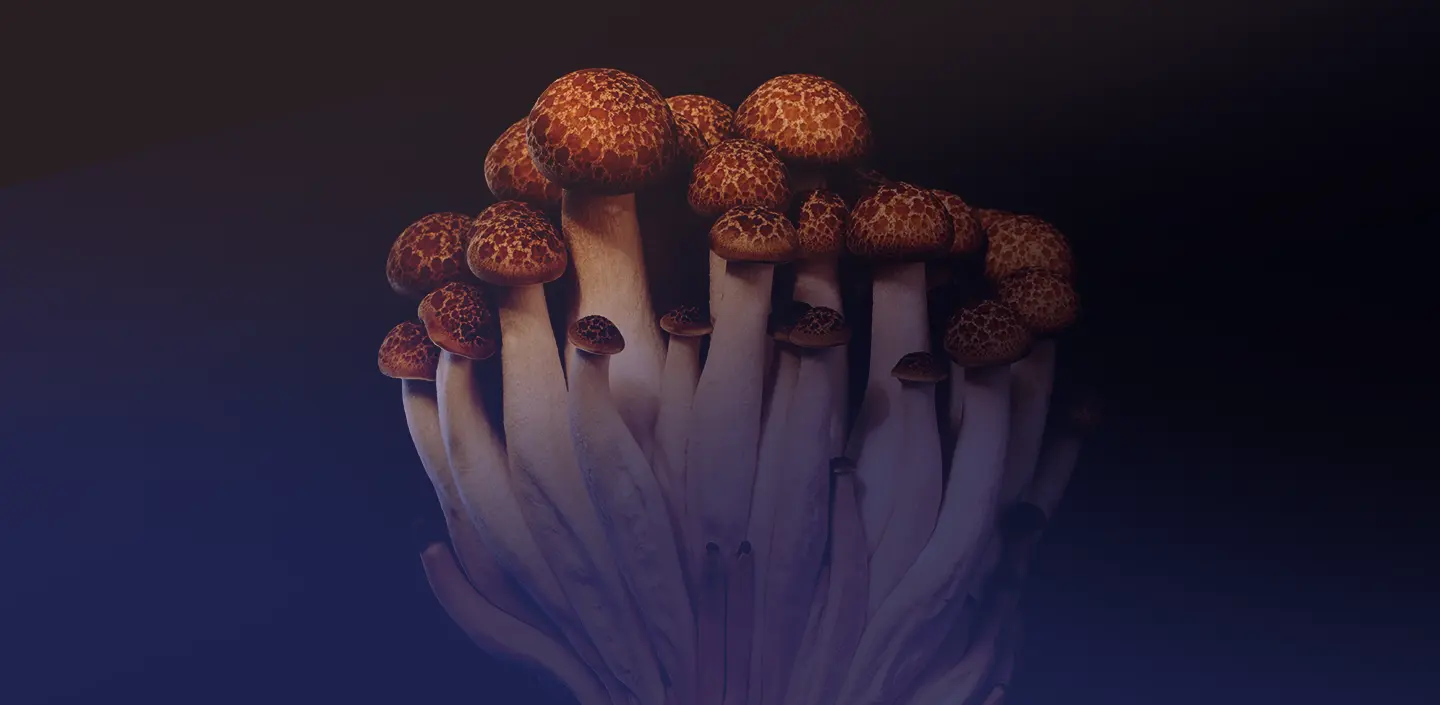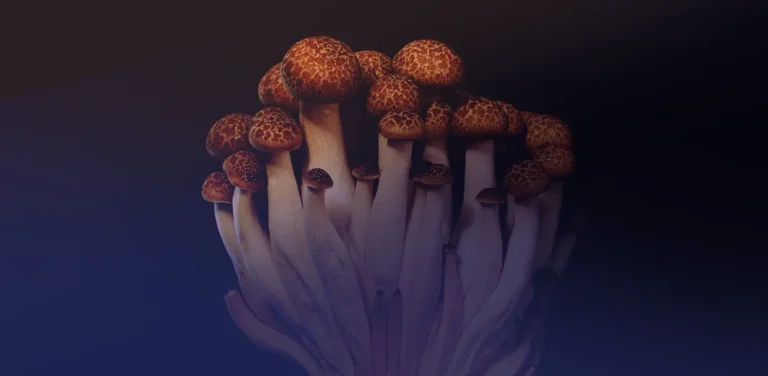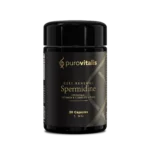
The struggle for survival and the desire for longevity are innate to all living things on this planet. However, humans are the only creatures striving to find ways to live past the barriers nature has put forth for them. One such way is to use various natural (like foods high in spermidine) or synthetic compounds that slow down aging and improve longevity. In this article, we provide a spermidine foods list to help you incorporate more of these anti-aging compounds into your diet.
Spermidine is the predominant polyamine, biological compounds found in all human cells. It is derived either from its precursor putrescine or by the degradation of spermine. Polyamines are involved with cell growth, division, and differentiation. While the mechanism remains unknown, they appear to be required for DNA synthesis (2).
Spermidine has many cardioprotective, neuroprotective, and anti-inflammatory benefits. While it exerts its effects in many ways, autophagy is the dominant mechanism. Unfortunately, the levels of polyamines, including spermidine, decline with ageing (4). As a result, it is crucial to compensate for this decline, either by taking supplements or foods highest in spermidine.
Spermidine Foods: List
While supplements are a popular way to replenish spermidine, ensuring you take spermidine rich foods is also essential. Both plant and animal-based foods are excellent sources of spermidine and related polyamine compounds. Here we provide a complete spermidine foods list for you to consider.
Green Tea
Green tea is a powerful antioxidant that can help improve your overall health and well-being. But did you know that green tea also contains high levels of spermine and spermidine? These two nutrients are responsible for many of the health benefits associated with green tea.
Green tea has a lot of polyphenols (antioxidants), which have been linked to many health benefits. Including weight loss, improved cardiovascular health and even protection against some types of cancer. However, it turns out that the polyphenols in green tea interact with the polyamines present in our bodies – namely spermine and spermidine – to offer additional benefits.
Studies have shown that these two compounds can enhance the antioxidant effects of green tea by up to 20%. This means that when you drink green tea with higher levels of these two compounds present, you will get additional protection from free radicals which can lead to cell damage over time.
Enjoying a hot cup of green tea can do wonders for your health! Its thermogenic effect helps with weight loss, while its ability to activate enzymes contributes to improved digestion. All in all, drinking green tea regularly can help keep your body functioning at its peak performance well into old age!
Wheat Germ
When it comes to spermidine, wheat germ is the real champion. It provides 350 mg of spermidine for every kg of wheat germ (5).
Soybeans
Along with wheat germ, soybean stands out in particular, with its spermidine content between 167 and 291 mg per kg (6).
Mushrooms
Mushrooms like Black Shimeji are also among the foods highest in spermidine, delivering more than 120 mg of spermidine for every kilogram of mushroom (7).
Green Peas
While many legumes like chickpeas and black beans are spermidine rich foods, green peas contribute spermidine the most —i.e., more than 50mg per kg (8).
Broccoli
Besides providing many nutrients, broccoli and other cruciferous vegetables also pack a lot of spermidine. Broccoli, for example, provides 32.4 mg of spermidine for every kilogram (9).
Tropical Fruits
Fruits like mangos, passion fruit and pineapples are a great source of spermidine. The spermidine content of various fruits varies significantly. For example, on the lower end, mangos pack in more than 10mg/kg, while oranges, on the higher end, are loaded with more than 90mg/kg (10).
When talking about citrus foods, it’s worth knowing that they are not only rich in Vitamin C but also great for promoting collagen production.
Meat and Meat Products
Although meat like beef and other meat products are low in spermidine, they are a great source of its precursor, spermine. Beef, for example, delivers nearly 5mg of spermidine but more than 40mg of spermine per kilogram (11) (12).
Livers of Different Animals
Livers are another great source of spermidine, with the highest spermidine found in the livers of bulls and cows. You can expect a spermidine content between 32 and 161 mg kg−1 in the livers of pigs, chickens and cows (13).
Potatoes
While potatoes may not be the foods highest in spermidine, they are definitely an important source, cooked potatoes and potato chips and crisps supplying between 15.8 to 39.9mg of spermidine for every kilogram (14).
Green Pepper
Green pepper is especially loaded with spermidine, with a spermidine content of over 90mg/kg (15).
In addition to these spermidine foods, other foods such as lentils, hazelnuts and grapefruits are also high in these polyamines. Almost all kinds of animal or plant-based foods contain some amount of spermidine.
It can be challenging to eat specific foods high in spermidine over and over again. However, ensuring a varied diet consisting of different plant and animal-based spermidine foods can suffice your needs for polyamines.
Conclusion on Spermidine Rich Foods
In conclusion, incorporating spermidine-rich foods into one’s diet can offer significant health benefits, as spermidine has been linked to improved cellular function, longevity, and overall wellness. By referring to the comprehensive spermidine foods list provided by Purovitalis, individuals can easily identify and select foods high in this essential polyamine. Some noteworthy options include wheat germ, soybeans, mushrooms, aged cheese, and various nuts and seeds. By incorporating these nutrient-dense choices into a balanced diet, one can harness the power of spermidine and potentially improve their health and wellbeing.
References:
Spermidine: a physiological autophagy inducer acting as an anti-aging vitamin in humans?
Investigation of biologically active amines in some selected edible mushrooms.
Biogenic Amine and Polyamine Contents in Meat and Meat Products.
Biologically active polyamines in beef, pork and meat products: A review.

spermidine Fusion autophagy support Liposomal delivery
Regulate your body’s natural cleansing process! Try it out!












